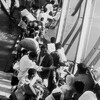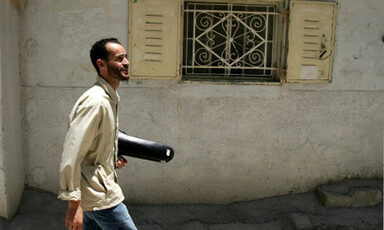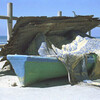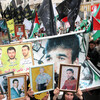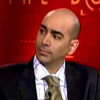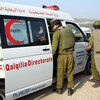
UK Physicians call for boycott of Israeli Medical Association
22 April 2007
Persistent violations of medical ethics have accompanied Israel’s occupation. The Israeli Defence Force has systematically flouted the fourth Geneva convention guaranteeing a civilian population unfettered access to medical services and immunity for medical staff. Ambulances are fired on (hundreds of cases) and their personnel killed. Desperately ill people, and newborn babies, die at checkpoints because soldiers bar the way to hospital. The public-health infrastructure, including water and electricity supplies, is wilfully bombed, and the passage of essential medicines like anti-cancerdrugs and kidney dialysis fluids blocked. Read more about UK Physicians call for boycott of Israeli Medical Association
